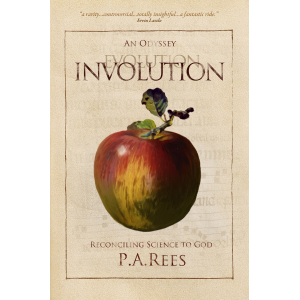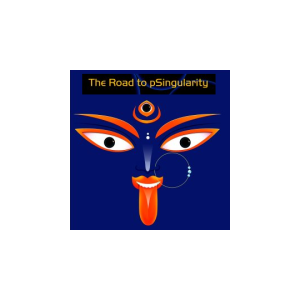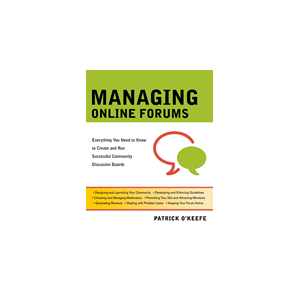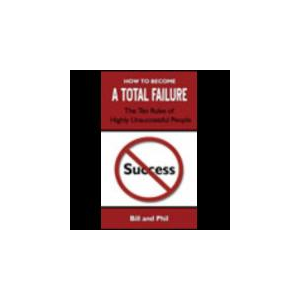Exoplanets and Alien Solar Systems
There is a quiet revolution going on. An unprecedented number of planets outside of our solar system (exoplanets, or extrasolar planets) have been found, with an explosion in the number of discoveries in recent years. The collective human consciousness has arrived at a place that was inaccessible not long ago. Once upon a time, humanity had not even conceived questions such as, "Are there planets beyond our solar system?" or "Is there intelligent life on other planets?" Find out what has been happening in this rapidly advancing arena of human exploration, what these extrasolar planets are like, and why some traditional ideas face being thrown out. Get up to speed on the new science with "Exoplanets and Alien Solar Systems." The book is aimed at the layperson, offering translations of astrophysics into plain language, yet it has enough depth in annotated reference notes to the original scientific literature that it will also be useful for those with a greater science background, including teachers and professional scientists. The book will help educators to begin to incorporate the study of extrasolar planets into the curriculum at all academic levels. It is being said by experts in the field that astronomy books will have to be rewritten because of new and unexpected discoveries about the alien worlds. The rewriting has already begun with "Exoplanets and Alien Solar Systems." In particular, the book addresses the problems faced by current planet formation and migration theories head on instead of marginalizing the difficulties, and discusses some new lines of investigation.
The Story Behind This Book
NOTE: Read the entire book for free if you are an Amazon Prime Kindle owner (borrow with no due date). There is a quiet revolution going on. An unprecedented number of planets outside of our solar system (exoplanets, or extrasolar planets) have been found, with an explosion in the number of discoveries in recent years. The collective human consciousness has arrived at a place that was inaccessible not long ago. Once upon a time, humanity had not even conceived questions such as, "Are there planets beyond our solar system?" or "Is there intelligent life on other planets?" Find out what has been happening in this rapidly advancing arena of human exploration, what these extrasolar planets are like, and why some traditional ideas face being thrown out. Get up to speed on the new science with "Exoplanets and Alien Solar Systems." The book is aimed at the layperson, offering translations of astrophysics into plain language, yet it has enough depth in annotated reference notes to the original scientific literature that it will also be useful for those with a greater science background, including teachers and professional scientists. The book will help educators to begin to incorporate the study of extrasolar planets into the curriculum at all academic levels. It is being said by experts in the field that astronomy books will have to be rewritten because of new and unexpected discoveries about the alien worlds. The rewriting has already begun with "Exoplanets and Alien Solar Systems." In particular, the book addresses the problems faced by current planet formation and migration theories head on instead of marginalizing the difficulties, and discusses some new lines of investigation.















